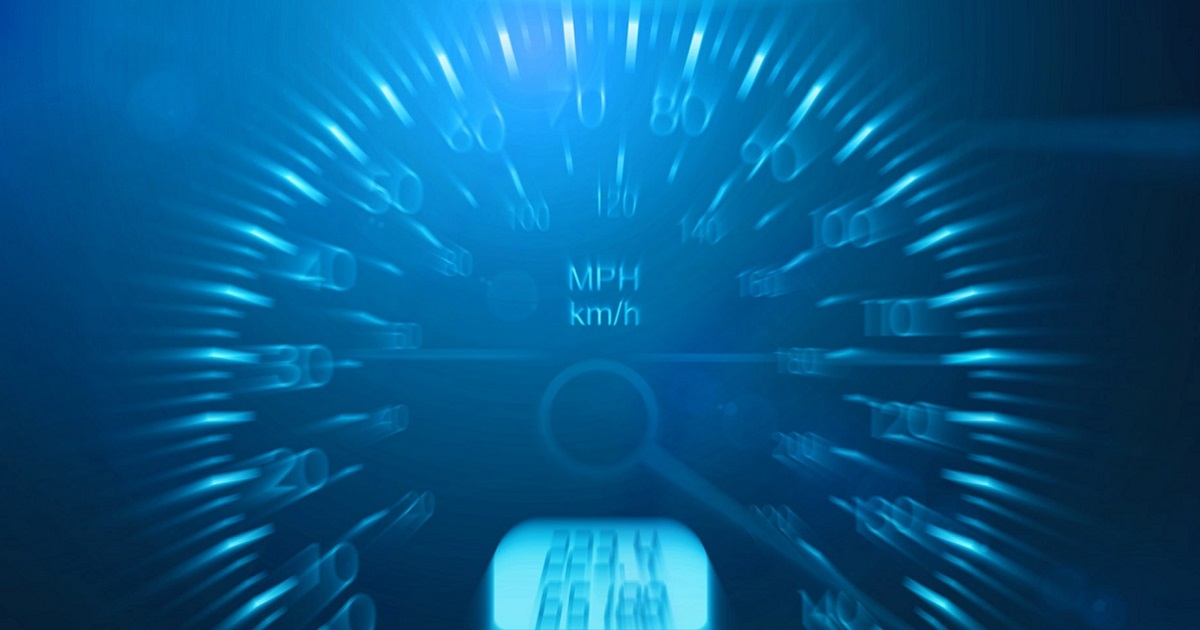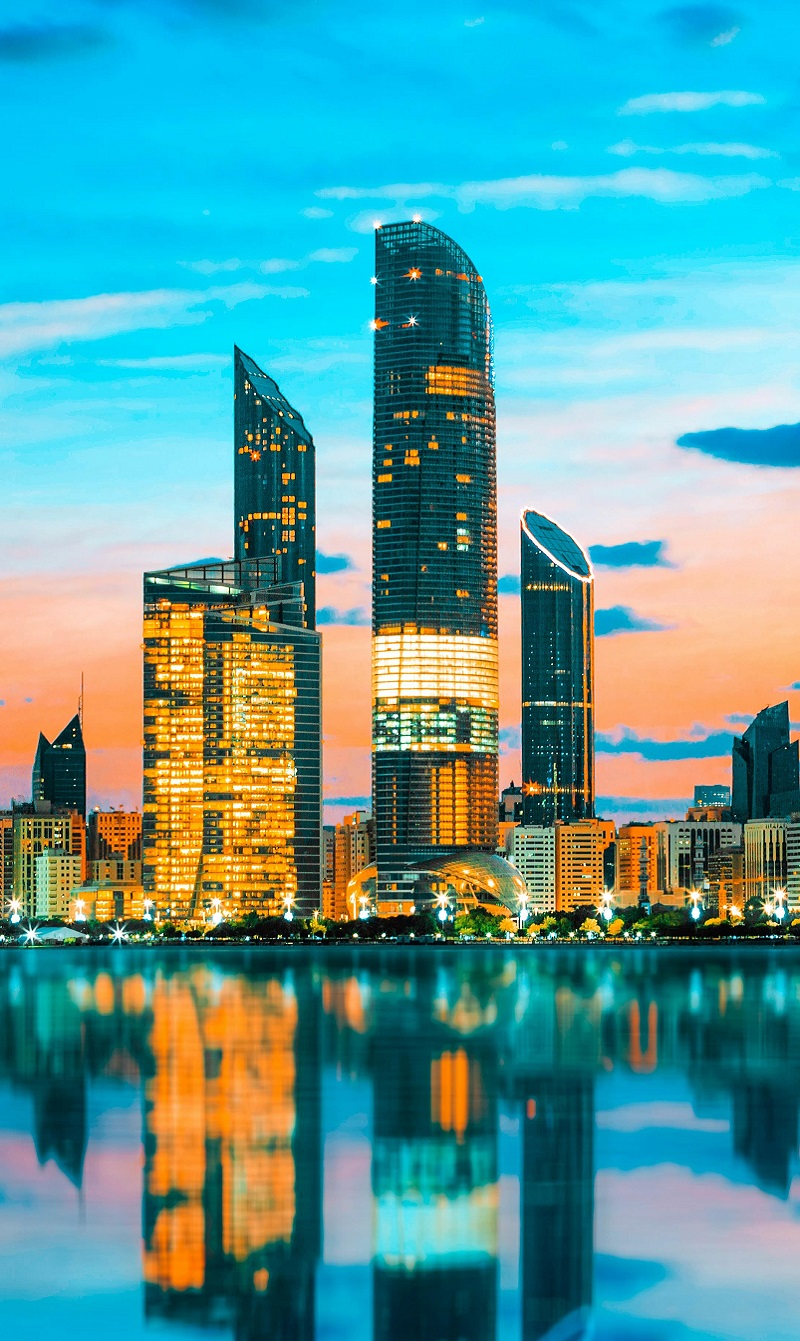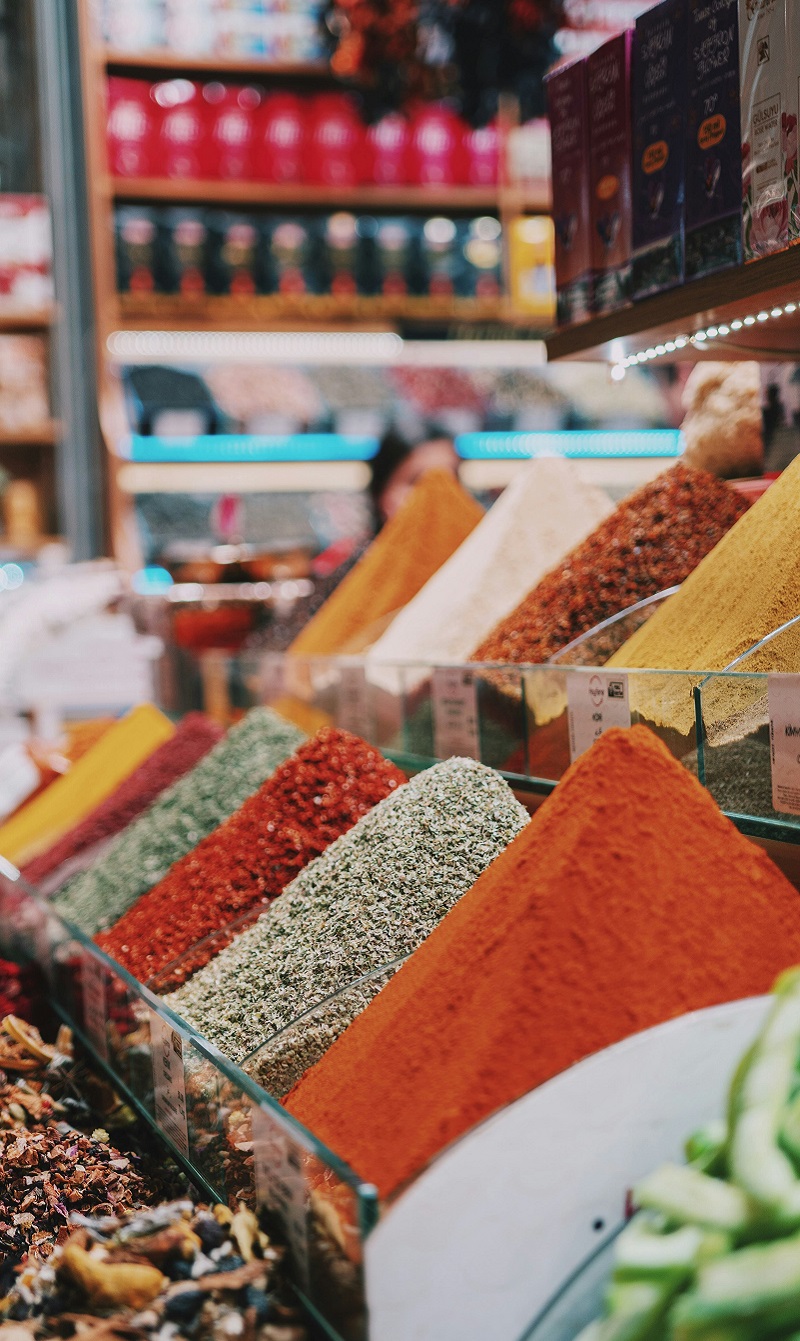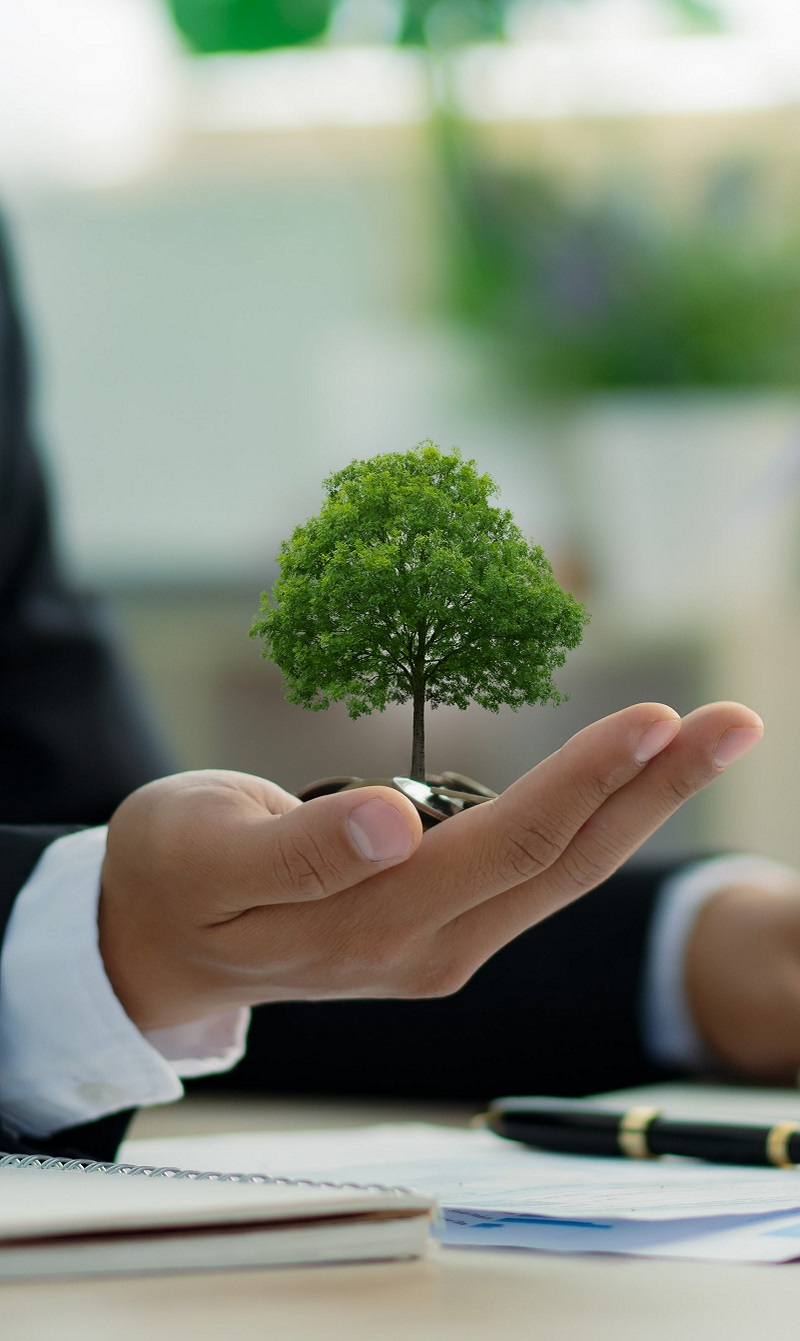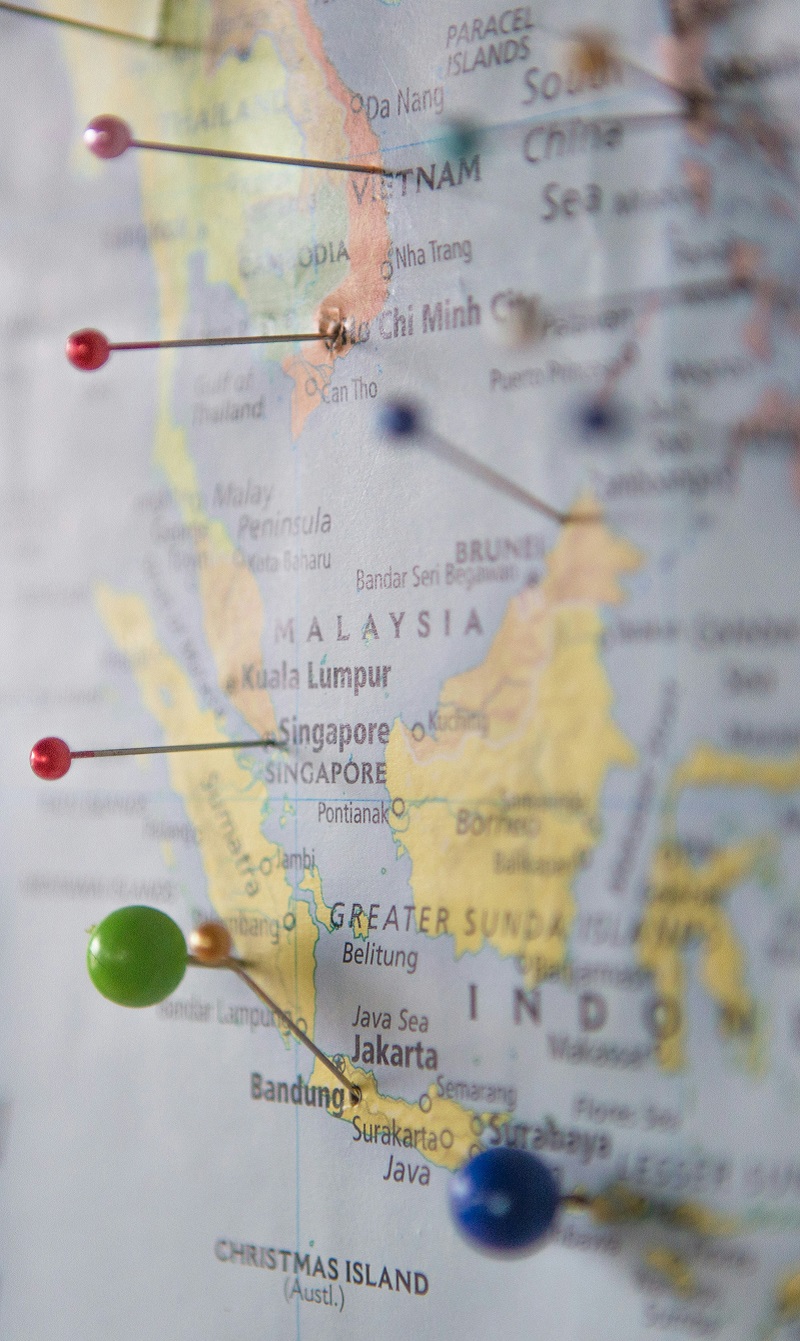Sustaining Speed, Cruising Forward
CEO of technology and data-driven car sharing company SOCAR, Leon Foong, talks on running a disruptive business, how it survived the pandemic and readying the business for post-pandemic. This article was first published in In Focus issue 9 magazine.
The core business of SOCAR is in enabling the multiflex mobility ecosystem in Malaysia. We want to make it possible for Malaysians to have wider options in mobility beyond the traditional choices of public transit and private car ownership. SOCAR’s car sharing model has been well-received and we’ve seen significant growth in the Malaysian market since our launch in 2018. Now, our fleet has expanded to include over 2,200 cars in 37 models ranging from sedans to hatchbacks to SUVs across more than 1,200 zones in Kuala Lumpur, Selangor, Johor, Penang, Melaka and Ipoh. In the near future, we’re looking at expanding our fleet to additional cities and more states.
With more Malaysians adopting the car-sharing concept, our competitive edge of having variety, accessibility, affordability and convenience has definitely contributed to our success in changing the perception of mobility and car ownership. We use an app-based system to facilitate bookings in just a couple of taps. Compared to e-hailing, we have space to accommodate more people because there is no driver present and the self-drive model also allows for drivers to make multiple stops in a single booking as well as make interstate trips, making us a great option for road trips and mid to long distance travel. We’ve even expanded our service to include a Buddy Driver or chauffeur on demand for the times users may want to book a car but not take the wheel.
Pandemic-induced Shifts
During the pandemic, we did see a decrease in usage especially during the implementation of the movement control order (MCO) because of the travel restrictions put in place by the government. This decrease in usage forced us to look at things differently and re-examine how we could pivot our business to serve our users better during such challenging times.
In line with efforts to curb COVID-19 transmission rates, we didn’t encourage SOCAR members to make travel plans and leave their homes. However, we assured them that if there was an absolute need to book our cars for essential trips such as commuting to work, purchasing groceries or medical supplies or for emergencies, they were available and properly maintained with thorough sanitisation processes in place. We also acknowledged it was difficult for people to renew their insurance and collect their new road tax in person. Hence, we launched an insurance renewal service called TREVO Guard which allows you to get your insurance renewed via the app in just a few taps.
Currently, we see our usage rates getting back on track again as users book our cars for their vaccination appointments. Our Malaysia Can Overcome campaign aims to provide at provide safe and affordable mobility and with vaccinated Malaysians allowed more freedom to move around, our cars are also an option for those who don’t wish to take public transport.
The car sharing business started in 2011 with 100 rental cars in South Korea where there hasn’t been an extensive lengthy lockdown period as Malaysia. The fact that people can still go to work and travel means that demand for mobility will be resilient. Drawing lessons from Korea with the sharp increase in travel demand once the economy reopens, we want to make sure both our SOCAR and TREVO platforms are ready to support the spike in demand when Malaysia fully opens up again.
Driving Smoothly Over Speed Bumps
During the pandemic, our main focus was on sanitisation, safety and security. Our keyless car-sharing technology ensures contactless handoff of cars. As vaccination rates in Malaysia increase and the economy reopens, our focus is now on recovery. I always believe that at the core of every successful mobility company lies three important pillars: technology, capital and the people behind the organisation.
Every resilient high growth business starts with its founding team and we’ve been lucky to have had mobility experts right from day one who understand the sacrifices and the work it takes to build a sustainable and scalable mobility business. With the growth we’ve seen in our business and the uptake in user adoption, we’ve been fortunate to have been able to attract new capital into the business which then makes it easier for us to invest in growth initiatives and technology.
With any organisation that grows quickly, we’ve encountered problems such as technical and organisational debt – things that can create bigger fractures in your organisation if you don’t address it and pay down the ‘debt’. Dilution of talent and dispersion of resources become a problem when you grow from a team of 10 to a team of hundreds of people sitting across many offices in different countries. This is something I realise that needs to be addressed as much as our longevity. Our relevance depends on innovation and investing in new technology. Also, addressing some of the structural issues is always key before we take the next step forward. At this stage, investing in the right HR talent and business partners will be crucial in helping the company get to the next stage.
We approach technology in the same way. Without the people and a strong technology organisation, we’ll not be able to iterate and produce the products that we desire. As our product offerings and the size of our consumer base grows, the architecture behind our technology also needs to evolve accordingly while serving both external and internal stakeholders. We’re generating data at a faster pace than ever, but it’s only worth something if we can ingest, stream, store and utilise this data to help us make better business decisions.
Sustaining Speed, Cruising Forward
Our strategy moving forward is to continue maintaining close contact with the government and stakeholders to enable more Malaysians to embrace the idea of going carless and enable more individuals from the B40 and M40 segments to benefit from our service offerings. We’re confident that our business will be able to bounce back in due time, as we offer added value to the multiflex community.
The pandemic has also created a new heightened awareness of how vulnerable we are to exogenous shocks. COVID-19 has been one of the biggest existential threats to humanity and economies in recent decades, but the bigger threat to all of us and posterity is that of climate change. As players in the mobility space, we have our role to play in reducing net emissions from the transportation industry, which contributes to about a fifth of total carbon emissions. We can sleepwalk our way to impending catastrophe or we can all start playing an active role in transitioning towards clean mobility.
As a car-sharing player, sustainability shouldn’t just be part of our long-term strategy, it should be an imperative that we’re obligated to deliver. In addition, in line with national and global goals to address climate change, we’re committed to enabling the expansion of sustainable mobility by introducing EVs to our fleet, which will enable Malaysians to adopt greener mobility without the burden of purchasing their own car.
We’re also actively pursuing opportunities to fundraise and attract new investors. We see a lot of potential for our multiflex business model to grow in neighbouring markets in Southeast Asia and our entry into Indonesia has yielded promising results. So, having new funding will contribute significantly to our ability to grow our footprint across the region.
Leon’s survival tip for startups to survive an economic crisis
The biggest threat to your organisation is inertia and fear of change. Embrace change, constantly cannibalise yourself and find new ways to make yourself relevant. If you’re afraid of these changes and justifying these changes to your stakeholders, there are plenty of people out there who are hungrier and smarter who will do the exact same thing to your business without even asking you or your shareholders for permission.
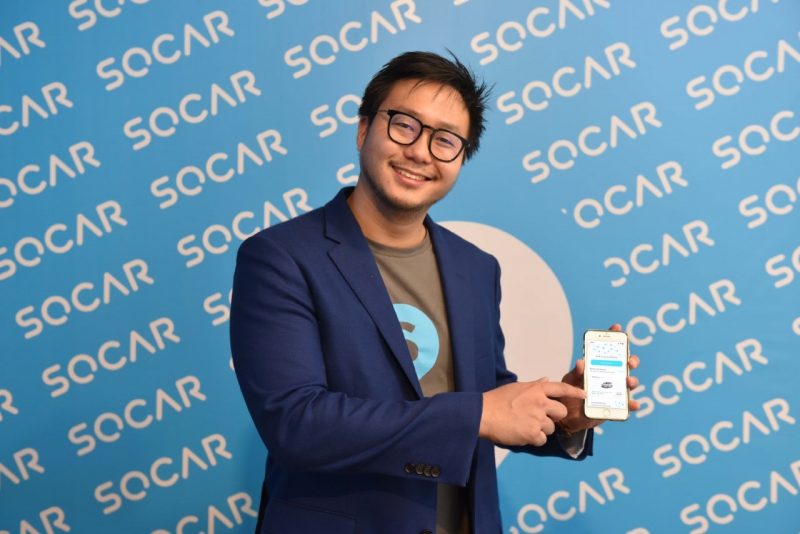
Things are more fluid than ever in terms of competitive dynamics. Talented people have a choice to choose any job in any country and loyalty is only reserved for the sentimental. Knowledge is also more transferable than ever. Joseph Schumpeter’s ‘gale of creative destruction’ that illustrates the ‘process of industrial mutation that continuously revolutionises the economic structure from within, incessantly destroying the old one, incessantly creating a new one’ is a pervasive force in today’s economy.
That’s why every single business needs to be able to embrace change and this needs to be built into their internal culture.
Main photo by PublicDomainPictures from Pixabay.
